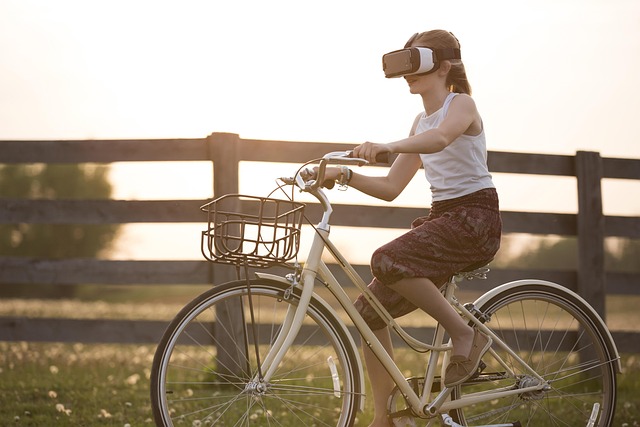The rise of virtual interaction has dramatically transformed how we connect, communicate, and learn. In recent years, especially with the increasing reliance on technology, online education has emerged as a significant player in education systems worldwide. The very essence of learning has evolved, allowing knowledge building to take place beyond traditional classrooms and geographical boundaries.
Imagine a world where students from different continents participate in collaborative projects over a video call, sharing insights and learning from one another’s cultures. This is the new norm of online education—a space where the classroom is no longer confined to four walls. The ability to interact with peers and educators in real-time, regardless of location, enhances the scope of learning while also fostering a sense of community, albeit virtually.
As we delve deeper into this evolution of virtual interaction, it becomes evident that online education is not just about the transfer of knowledge; it’s about building connections. Whether it’s through discussion forums, interactive webinars, or virtual group assignments, the tools available enhance engagement and participation. The traditional static classroom models are now being replaced with dynamic, interactive platforms that center around learner engagement and collaboration, making education more accessible and inclusive.
Moreover, the flexibility of online learning allows individuals to tailor their educational journeys according to their schedules and needs. This autonomy in managing one’s learning path fosters a deeper connection to the material being studied and encourages self-directed knowledge building. Students are no longer passive recipients of information but active participants in a collaborative learning environment.
In this landscape, educators adopt innovative strategies to facilitate virtual interaction. They incorporate multimedia tools, virtual reality, and gamification into their lessons, making learning not just informative but also enjoyable. Such methods not only maintain student interest but also reinforce concepts through practical application, mirroring real-world scenarios that students will face post-education.
The future of online education relies heavily on continuous improvement and adaptation to technological advancements. As new platforms and tools emerge, the potential for immersive learning experiences grows. For instance, the incorporation of artificial intelligence can lead to personalized learning pathways, offering tailored resources and feedback to enhance knowledge retention and application.
Furthermore, the role of social media cannot be overlooked in this transformation. Platforms like LinkedIn Learning, Coursera, and even YouTube serve as valuable resources for continuous learning and professional development, creating communities of practice where knowledge is shared openly. These spaces capitalize on virtual interaction, encouraging learners to network, collaborate, and grow their skills in a way that was once difficult to achieve in a traditional setting.
In essence, as we explore the future of virtual interaction within online education, it becomes clear that the possibilities for knowledge building are endless. The virtual space allows not only for academic achievement but for the cultivation of a global mindset, where collaboration and teamwork transcend physical limitations. Students are equipped not just with knowledge but with the cultural competence and interpersonal skills necessary to thrive in an increasingly interconnected world.




